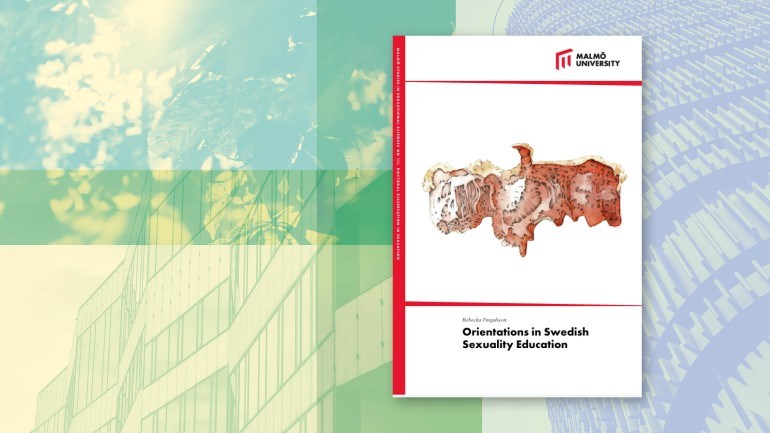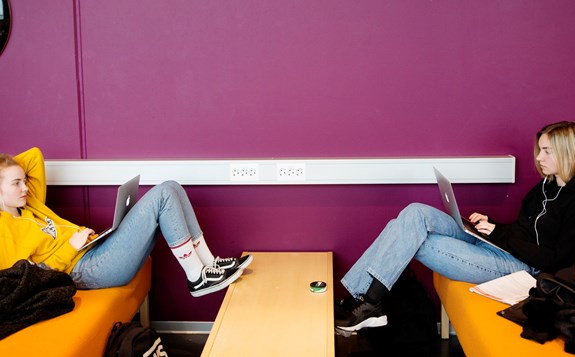Sex education empowers young people – but also shapes norms

Sweden likes to see itself as a pioneer in gender equality and openness. However, sex education in schools contains a duality: it gives young people tools to understand themselves while at the same time it reproduces norms.
This is the conclusion of research conducted by Rebecka Fingalsson at Malmö University.
Sex education has been compulsory in Swedish schools since 1955; Fingalsson has analysed textbooks, historical documents, teacher interviews and education material to understand how the teaching has developed and what it conveys.
“Teaching has become more comprehensive and dynamic, which has opened up more paths to knowledge about sexuality, consent, and relationships,” she says.
Focusing on the happy can make vulnerability invisible
But while sex education has broadened, Fingalsson’s recently defended thesis shows how it also shapes ideas about gender, body, sexuality and race. One of the studies within the thesis points to a particular form of Swedish exceptionalism – a narrative of Sweden as tolerant and progressive.
“These narrative risks making experiences that do not fit into the image of modern Swedishness invisible. We need to be able to talk about vulnerability and serious issues without anyone feeling singled out.”
The role of the teacher can influence
The role of the teacher is another key aspect. Older women are often perceived as safe and trustworthy, while male teachers have to deal with perceptions of threatening behaviour.
“There is an idea of harmless femininity and potentially dangerous masculinity; this influences both how teaching is received and how it is implemented.
Fingalsson emphasises that sex education is not just about content, but also about how knowledge is conveyed – something that requires language, self-awareness, and pedagogical skills.
She hopes that her thesis will contribute to further research and debate. “Sexuality is knowledge. It's a complex subject, but just because it's difficult, we can't give up. If schools don't take responsibility for the conversations, where will they happen?
“It is in the dialogue with pupils, between subjects and within the teaching staff that sex education can become the tool it is intended to be,” adds Fingalsson.
Read the thesis: Orientations in Swedish Sexuality Education




